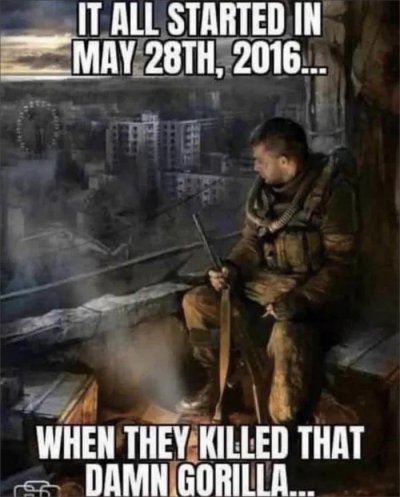I know no better place for this:
https://www.theintrinsicperspective.com/p/what-the-heck-happened-in-2012
Read the whole thing!
Something changed in 2012, but what?
I have no idea myself and find the article fascinating:
The answer is actually rather clear. For whenever I now see a graph plotting out something by years, my eyes now jump to a certain date: 2012. And, more often than not, there is evidence of some kind of fulcrum there. Others have also started to take notice as well: 2012 was a “tipping-point” year.
A superb article!
I find the `current age` we live in to be uniquely - shall we say - `challenging`, and, whilst some of this may simply be due to my advancing years, I suspect this feeling of having to respond to something unexpected must be widely felt among many age groups.
If I were to distill down the phenomena which promote this feeling of being` challenged` I would say that they are:
(N.B Mods: I am listing the phenomena, not casting judgement on any of them)
* The rise of the trans issue - and its counterresponse.
* The measures taken (mostly) in the West to deal with the pandemic and the public acceptance of them.
* The entry of Chat GPT and other A.I systems into the market.
* The mainstreaming of ETH UFO assumptions and viewpoints, to the extent that they are being openly discussed at governmental level.
Now, if one had kept one's eye on the ball in all the relevant areas here - e.g (in software) Chat GPT was not invented overnight but was in preparartion for many a year before that - then no doubt you would have seen how these things slowly evolved before entering public consciousness. For many of us though, they seem to have quite suddenly erupted fully fledged into public life and demanded our attention, even though they would have been considrered downright kooky just a few years before.
Can these things be traced back to the `fulcrum` `tipping point` year of 2012 or thereabouts?
Erik Hoel's article is ultimately cheering though. He makes an analogy between ouur own times and the post 1968 world of the seventies - when we were similarly depressed, cynical, running on empty and fragmented. Could be worse.


